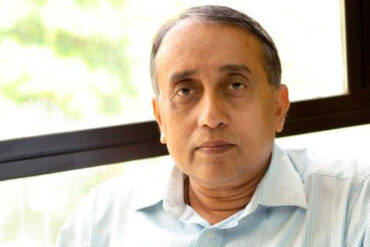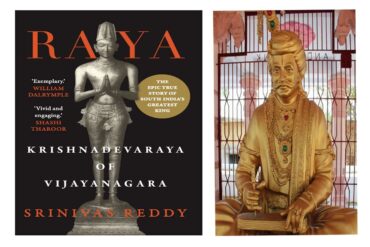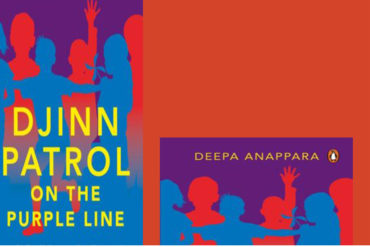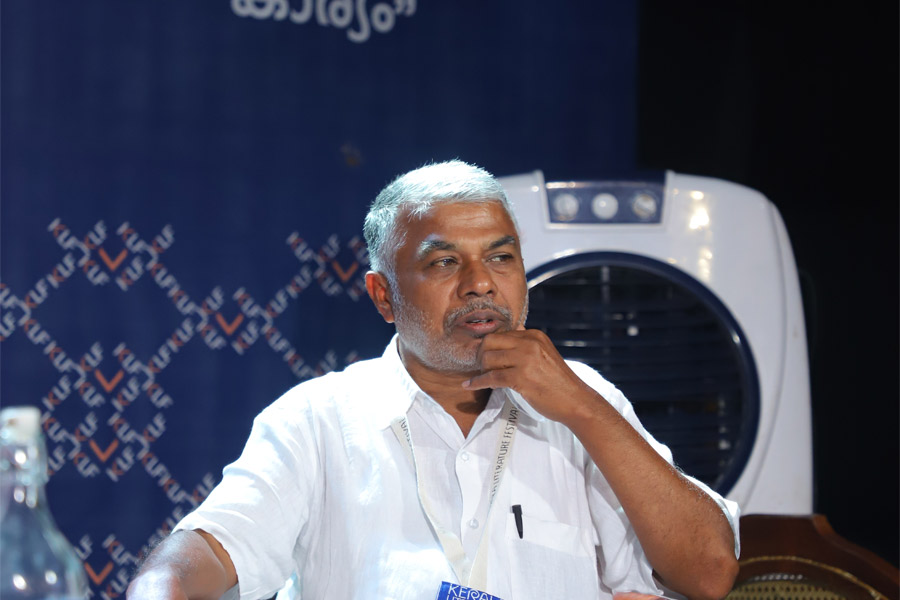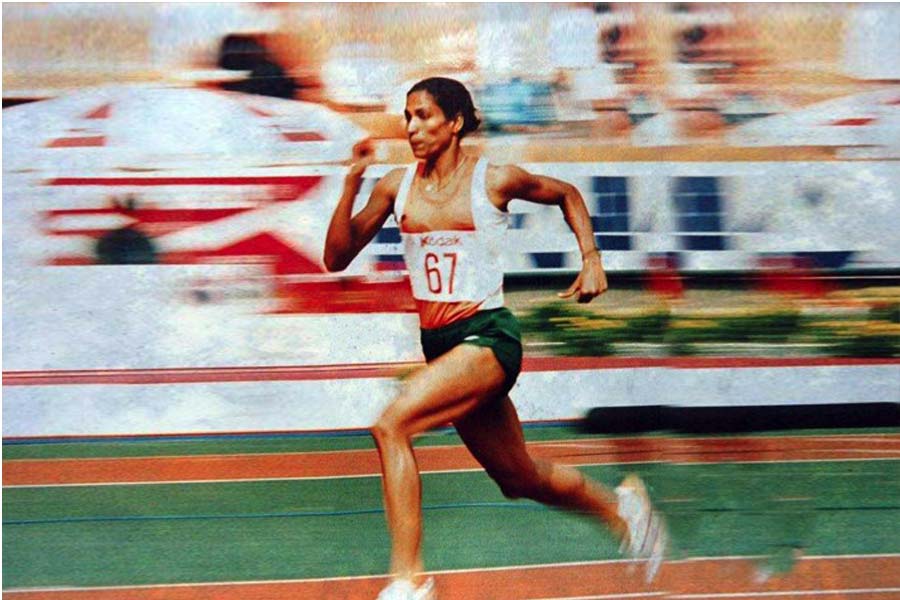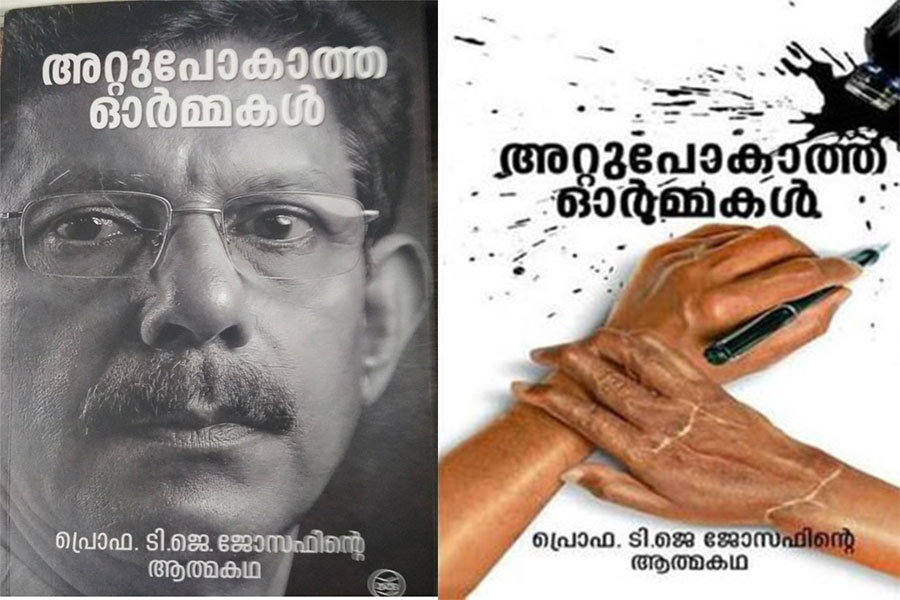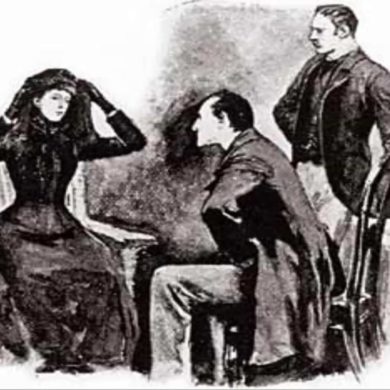Ente Salomikku (To my Salomi…), reads the preface of the book Attupokatha Ormakal written by Prof T J Joseph, former Malayalam professor at Newman’s College, Thodupuzha, whose right palm was severed by Islamist extremists of the Popular Front of India (PFI) ten years ago. The memoir is dedicated to Salomi, his wife, who ended her life due to the trauma the family was put through following the ‘question paper controversy’ and its aftermath.
The book has two parts. The first part details the origin of the ‘controversial question’ that extremists found blasphemous and subsequent events that changed his life forever. The second part consists of his memories from childhood and youth.
“Initially, I was a bit apprehensive about moulding the craft. In my case, a chronology of my life like the date and place of birth is insignificant as I am not a popular figure. The question paper is the reason behind this book. So, I decided to begin the book explaining the question and its circumstances,” says Joseph, who now leads a retired life at his home in Muvattupuzha. The attack happened while he was the HOD of the Malayalam department of Newman’s College, Thodupuzha. Following the incident, the college ousted him only to be back on campus for just a day before his retirement.
The first chapter ‘Kevalamaaya oru chodyam’ describes the question paper context well. It narrates how a simple question he prepared to test punctuation in an internal examination was misconstrued as a statement hurting religious sentiments. Little did he think about such a consequence while taking an excerpt from the university-approved book Thirakkadhayude Reethishasthram, a compilation of articles that explains core incidents that shaped scripts by some popular filmmakers. Joseph took one part from P T Kunju Muhammed’s Thirakkadha: Oru Vishwashiyude Kandethalukal where a madman is in conversation with his god. That conversation inspired Kunjumuhammed to prepare the scene in his movie Garshom where the lead character talks to god. The chapter neatly explains the improvisations he made to that paragraph to suit the examination and the thought process behind it.
Read further, one gets to see the unexpected and difficult situation he had been through. He vividly conveys the mindset of a man who had always upheld values like honesty in life being suddenly branded as a criminal. Like in a movie, he flees his home and hides at a lodge in Palakkad assuming a fake identity. The jail days turn out to be a new experience for the professor. He sees different shades of life and people. The book also details the trauma his family had been put through, like how the police made life difficult for his son to try and extract details about his father’s hide-out.
Attupokatha Ormakal details how the entire system colluded against an individual. Joseph is quite honest in his narration. He narrates the brutalities inflicted by the Church and the police towards him and his family. How the church mercilessly ruined the professor’s life, despite being aware of the truth, is explained in vivid detail. The Church didn’t want him to teach students, and it took his wife’s suicide to ensure that he got reinstated a day before his retirement and claim pension.
“Initially, I was a bit apprehensive because it is an autobiography and contains real names. But it is also a chronicle and I cannot avoid details. I cannot eliminate the details of the police officer who taunted my son. It is not that I have grudge against them. Authorities like the police and church who are here to serve people should not misuse their power. They should not do this again to anyone. They should realise there would be people who are not afraid of speaking up,” he says.
He indeed has no vengeance motive as Joseph has not exposed the personal details of the attackers because, as he says in the book, he does not want to ruin their family. Besides documenting his days of distress, the book also thanks people who supported him like the doctors who relentlessly worked to bring him back to life, his family and, those who consoled him through words and visits.
There is a meticulous narration of the brutal attack, including how the extremists wrongly chopped off his left palm first and then the right palm and threw it away. The professor was attacked on a Sunday on his way back home after attending the holy mass with his family. There were a few failed attempts before that. Ask him about this, he says, “The marks of their deeds are still on my body. I just had to look at it to recall everything. Writing that part was living that Sunday again. Also, I have the police statement that has all the details. I wrote keeping all these in mind,” says Joseph, who wrote the book with his left hand.
“I wrote the first few parts such as the jail days soon after retirement. Then, there was a gap. I resumed writing in 2018 after my children’s marriage, a time when I felt peace was restored. It was completed within one and a half years,” says Joseph, who himself edited the book. DC books had approached him for the book sometime after the incident. “They said they would assign a person to write. I said I could write and showed some articles written for moral science class as samples. They agreed. Just that it came a little later. I feel the delay happened for good. Had I written it earlier, the book would have been incomplete.”
Written in beautiful and lyrical Malayalam, the book reflects his expertise as a professor in Malayalam literature. Like a teacher, he explains everything to readers leaving no room for confusion. The book also throws light on professor’s interest in theatre and cinema. “Writing caught my fancy in high school. I used to write detective novels. Gradually, literature became my favourite subject which inspired me to take a degree in Malayalam literature. I became a teacher eventually. However, drama and cinema have always been my favourites. I had plans to do a telefilm in 2010, but it didn’t take off,” he smiles.
In college, he was the one who taught the subject ‘Nadakavum Cinemayum’. To know the process in detail, he even assisted directors on the sets of film and serial. “I had worked as associate director and said ‘action’ in one serial,” he giggles. He does not hide the fact that somewhere deep in his mind he wanted to be a filmmaker. But, as suggested by his teacher, he put teaching before cinema and devoted his life to impart knowledge to students. The optimistic person that he is, he quips, “it is never too late to make a movie.”
This optimism and sense of humour reflect throughout his book. They add charm to Attupokatha Ormakal. The part where he explains his childhood, parents and youth is a hilarious ride. It brings out a different shade of the professor. “Humour is our family trait,” he laughs. “You can see persons funnier than me in my family. I would not have written a book about me if this incident had not happened. When I wrote about the controversy regarding the question paper, I thought of adding a little bit about my family.”
As of now, he is happy with the feedback received for the book. “Got good reviews on social media. Some have called me after reading even half the book. I am happy that the book answers all questions,” he concludes.

